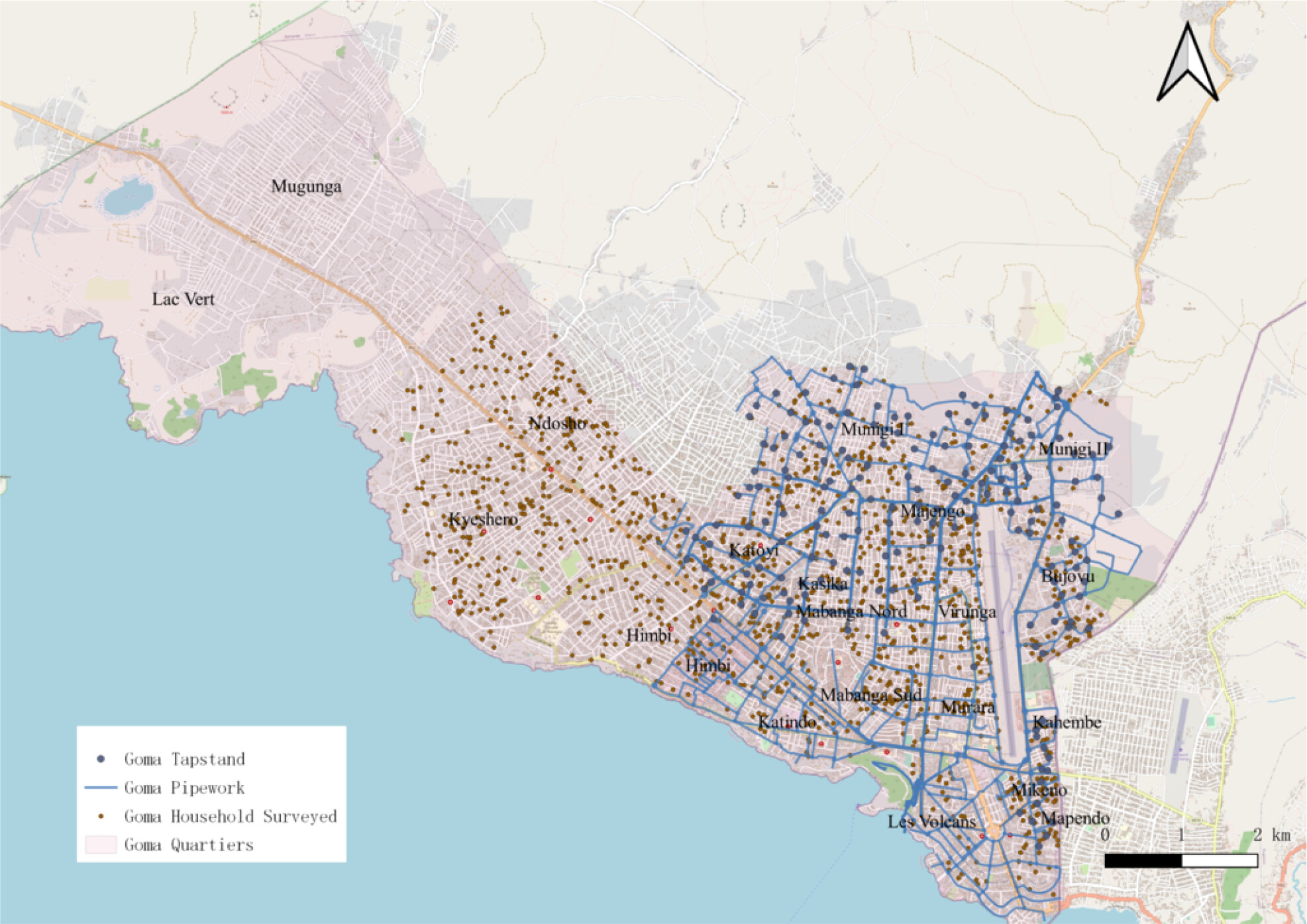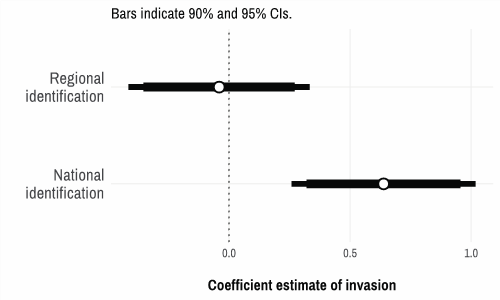To put it mildly, government wouldn’t work very well if people didn’t have to obey the laws they oppose. And the problem isn’t only that people would pretend to oppose laws to escape punishment for breaking them. Even if it is clear “beyond a reasonable doubt” that a defendant’s opposition to the law she broke is 100% sincere, it’s usually appropriate for the jury to convict and the judge to sentence. And we certainly don’t think that all laws should come with an asterisk: “sincere dissenters are exempt.” The social costs of such an approach would be outrageously high, even if we somehow screened out all the fakers, and even if we went further and limited exemptions to people whose opposition to the law in question is consistent with their other demonstrated beliefs and values.
But there is another side to this story. In America, the tradition of religious freedom that derives from the First Amendment’s “free exercise” clause casts doubt on the government’s right to force its citizens to act in ways that contradict their faith. And, in more recent history, those protections have increasingly been extended to people whose dissent is grounded in non-religious, moral commitments. These are not cases of ordinary political disagreement, in which dissenters acknowledge that there is some force to the reasons for the law but regard those reasons as outweighed by competing considerations. Rather, these are cases in which, from the dissenters’ perspective, there is no force at all in the supposed justification for the law, at least in those circumstances in which they feel obligated to disobey.
Although conscientious objectors (to a military draft, for example) are sometimes required to accept punishment for their disobedience or to provide some type of compensating service to their political community, there is also a tradition of unqualified exemption for the members of particular religious and cultural groups. Legislatures write exceptions into a law, or judges find that the Constitution requires such an exception. These exceptions can be costly to society because they reduce the effectiveness of the laws in question. But sometimes that is a price we ought to pay.
So, how should we decide when to grant exemptions to people who cannot, given their particular beliefs and values, see any force in the reasons for some legal restriction on their conduct? Of course, much will depend on the specifics of each case. But, drawing on an important recent debate among philosophers of liberal democracy, I argue that our decision-making will be improved if we focus on the damage that is done to the democratic ideal of political cooperation when the government treats some of its citizens in ways that they are bound to experience as mere, unjustified coercion.
In particular, I propose that the relational costs (to the ideal of political cooperation) of subjecting someone to this type of coercion do not simply increase proportionally with the extent of the coercion. Because these costs increase most steeply when it is becoming hard (but is not yet impossible) to see a person’s relationship with her fellow citizens as predominantly cooperative, the case for exemptions is relatively strong when granting them could move the relationship out of this democratic danger zone. For example, exempting (at least partially) the members of orthodox religious and cultural communities from some (but not all) of the laws that are irreconcilable with their worldview may be enough to sustain the possibility of a recognizable, albeit imperfect, relationship of cooperation between those orthodox communities and the larger political community to which they belong.
And because a citizen’s status in her political community is significantly compromised when she is first subjected by her government to mere coercion, even if the amount of that coercion is very slight, the case for exemptions will also be relatively strong when granting a single, minor one will preserve (or restore) a fully cooperative relationship between the beneficiary and her fellow citizens. When the stakes are otherwise low, the moral priority is to avoid compromising a person’s status in her political community.
My analysis has various implications, one of which is especially interesting and surprising. If multiple religious or cultural groups request an exemption from the same law, it can be perfectly appropriate for the government’s response to discriminate among those groups, accommodating some and denying the exemption to others, even if all are equally sincere and consistent in their objection to the law. When granting an exemption will either enable a perfect or salvage a recognizable relationship of cooperation with the group in question, the case for doing so is stronger than when the exemption would make no such fundamental difference to the status of the group and its members in their democratic political community.
This blog piece is based on the article “Justified Coercion, Political Cooperation, and Exemption from General Laws” by Ian MacMullen, available in the current issue of the Journal of Politics, Volume 85, Number 1.
About the author

Ian MacMullen is Practice Professor of Political Science and a resident scholar in the SNF Paideia Program, both at University of Pennsylvania. He is a political theorist whose primary research interests lie in the politics of education, citizenship, and/or religious and cultural pluralism.
You can find more information on his research here.



